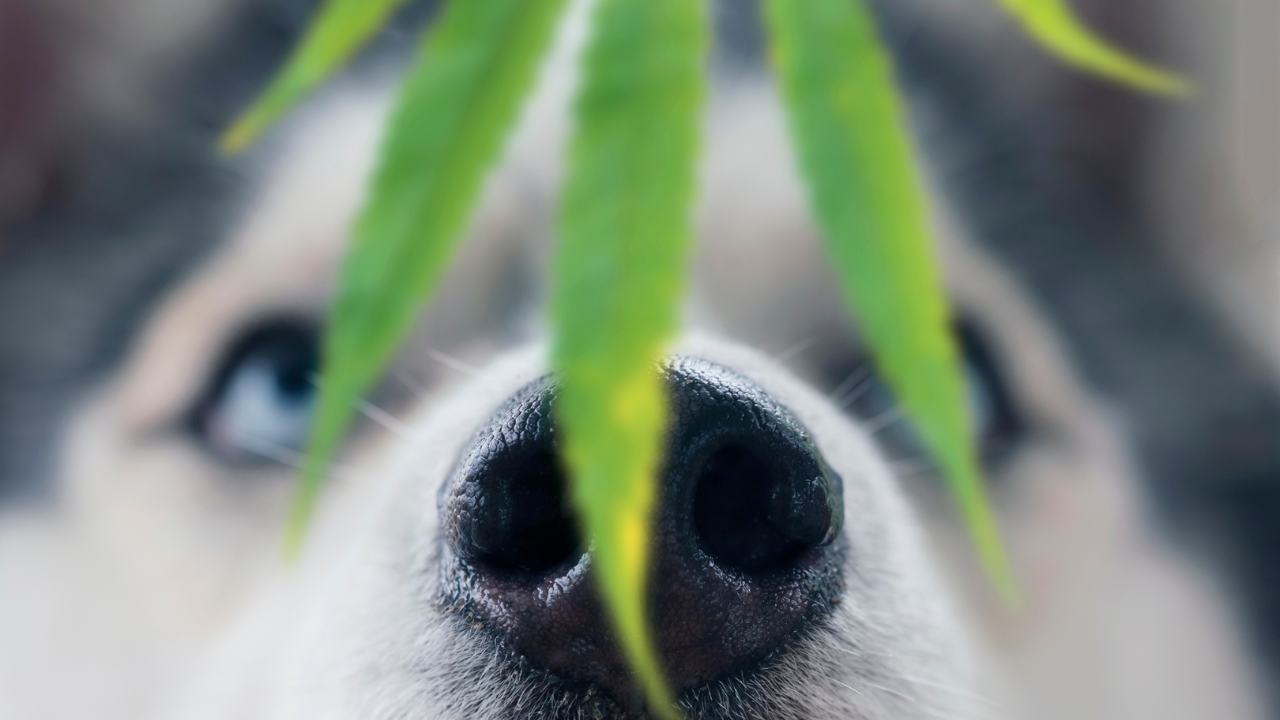
The ASPCA Poison Control Center for Dogs and Cats just released their top 10 poisons for dogs and cats.
Moving up the list is marijuana.
The top 10 pet poisons are as follows:
- Chocolate
- Grapes/raisins
- Ibuprofen
- Xylitol
- Bromethalin (rat poison)
- Marijuana (dogs are falling for this one)
- Onions/chives/leeks/shallots
- Anticoagulant rat poison
- Vitamin D3 (supplement form)
- Carprofen
Top 10 poisons for dogs:
- Chocolate
- Grapes/Raisins
- Xylitol
- Ibuprofen
- Bromethalin (Rat Poison)
- Marijuana
- Anticoagulant Rat Poison
- Onions/Chives/Leeks/Shallots (Allium species)
- Vitamin D3 (supplement)
- Carprofen (pain medication)
Top 10 pet poison list for cats:
- Lilies
- Chocolate
- Onions/Chives/Leeks/Shallots (Allium species)
- Garlic
- Ibuprofen
- Vitamin D3 (supplement)
- Alstroemeria, Peruvian lily (Alstroemeria species)
- Human medication: amphetamine combos (ADHD medication)
- Tulips (Tulipa species)
- Daylily (Hemerocallis species)
Marijuana and pets
More pets are poisoned by marijuana since it has been legalized in many states. The potency of marijuana can vary dramatically. Pets may be attracted to the butter, brownies, and expended cannabis cigarettes found on the ground. Mild intoxication can occur with secondhand smoke from marijuana.
Pets are sensitive to the THC in marijuana. Dogs do not eliminate it efficiently, so it concentrates in their system and causes them to exhibit neurological symptoms such as ataxia/drunken walking, seizures, and urinary incontinence.
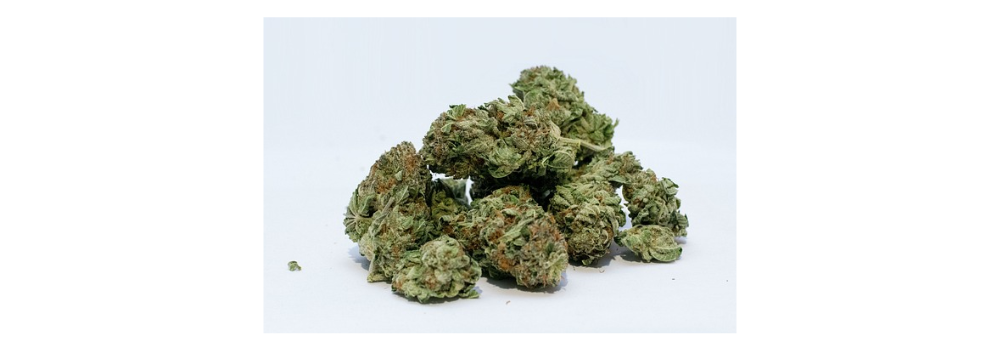
When your guests come with the flowers in the excitement of the moment, be sure to check for lilies!!!!!!!!
Ingestion of even a small stamen from a lily can cause kidney failure in cats. Peace lilies can cause gastric irritation, but don't take a chance on confusing lilies. Check with your veterinarian or animal poison control.
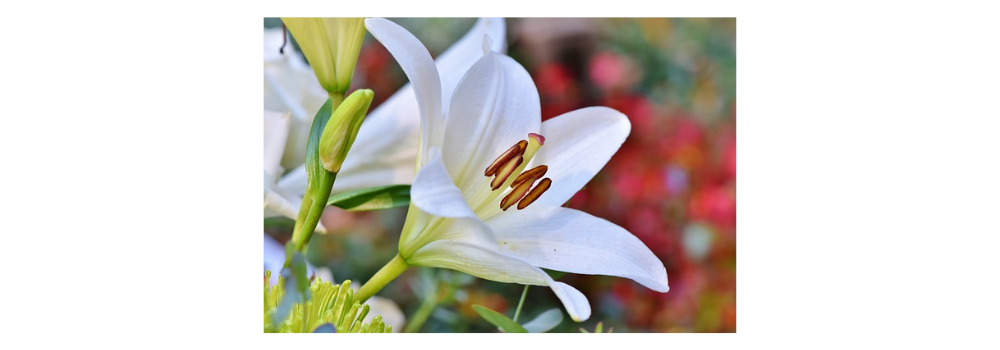
What about Pointsettia plants?

Poinsettia sap is irritating to the gums and digestive tract. It would be highly unusual for a pet to continue eating enough to have a real problem, but nevertheless, put them in an inaccessible place.
Think twice about chewable NSAID medications
While it may be convenient to have a chewable anti-inflammatory, I've seen way too many dogs that have kidney failure as they noshed on an entire bottle of Rimadyl/Carprofen chewable tablets. I've seen this too many times to justify the convenience.
Many times, chewable tablets are more expensive anyway, so why not hide the pill in a little piece of food or pill pocket?
Beware of sugar-free gum, bakery foods, and candy
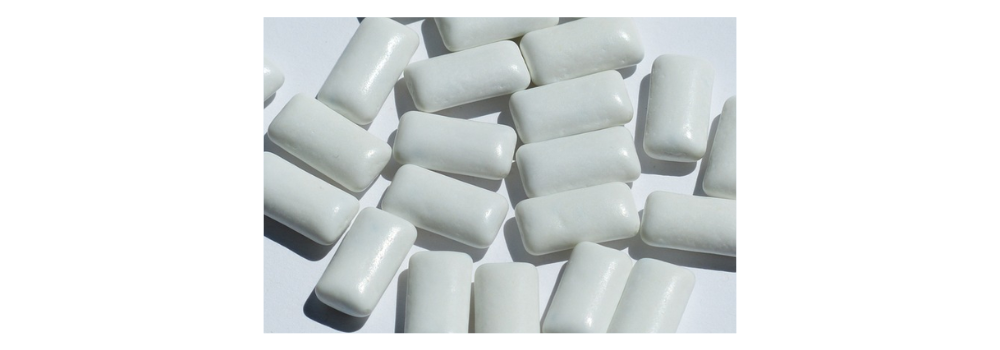
Xylitol in even a stick of gum can cause renal failure in a small dog. Xylitol is very dangerous to pets.
Pets and over-the-counter medications
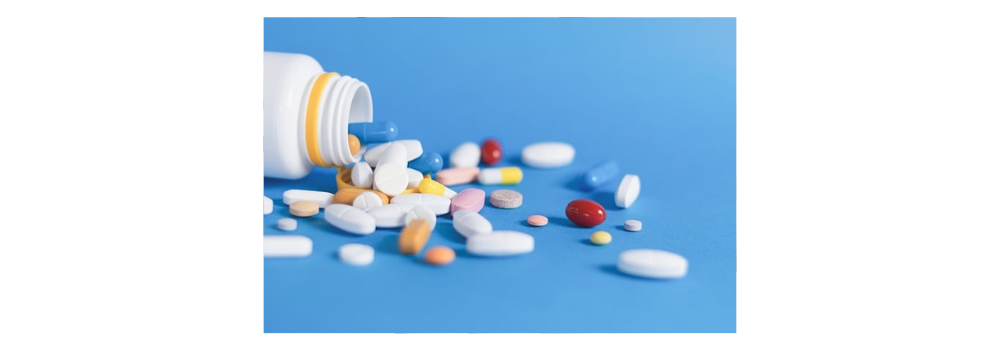
Almost 20% of these calls came from users who had taken over-the-counter medications. The major ones are over-the-counter nonsteroidal anti-inflammatories.
Human prescription medications and pets
ADHD medicines and antidepressants are most commonly encountered by pets.
Keep all medication safely secured away in a cabinet or drawer. Visitors not used to having pets may set their medications out as part of their routine, and a curious pet could eat them. If you visit someone's house with your pet, you may want to spend some time pet-proofing the area.
Make sure you remind visitors that you have pets and that they do not set their medications out and keep them beyond a pet's reach. People without pets have no clue as to how curious pets can be and what can potentially be in their reach!
Pets can find prescription medications anywhere
Be sure to check the floor in your hotel room before you let your pet loose in case someone has dropped a pill or even fentanyl on the ground.
Also, be careful in parks and places where people may hang out and smoke marijuana. I've seen dogs poisoned by ingesting the remainder of a marijuana cigarette thrown on the ground. You never know with fentanyl and other drugs what we will encounter on a simple walk in a park.
What about prescription veterinary products?
Prescription veterinary products usually contain flavors for increased palatability, and animals may mistake them for treats or eat more food than prescribed.
Permethrin products intended for dogs can be extremely dangerous when applied to a cat.
Human food toxic to pets
- Chocolate, the most commonly ingested poison for dogs, can cause rapid heart rate and tremors. Dark chocolate or baking chocolate is the most likely to cause issues.
- Grapes and raisins, currants: can cause renal failure
- Xylitol (artificial sweetener): highly toxic, can cause renal failure in small amounts
- Onions and garlic: rarely fatal, but in excess, can cause anemia
- Alcohol: rarely fatal, but a dog's smaller size makes them susceptible
- Macadamia nuts: rarely fatal but can cause digestive upset, weakness, and tremors
- Cooked bones can splinter and cause impactions of hard feces that are painful to pass. Both raw and cooked bones can fracture teeth. Raw turkey necks are a good alternative (link to video), but use care when handling raw meat
What other household items are poisonous to my pet?
Paint, glue, and cleaning chemicals can often be ignored because pets don't eat them. Often, pets take to liquids if they feel great and it's a nice texture. Household products may contain dangerous chemicals. Some household glue expands into the stomach and causes life-threatening blockages.
Plants and flowers poisonous to pets

Ingestion of any plant can cause digestive upset, but it's worth saying again, check all flower arrangements that enter your home for lilies. These are extremely toxic plants for cats especially and can cause death.
The other outdoor plant I'm going to mention is the False Sago palm. It has pods that dogs are attracted to and, if ingested, can cause major damage to the liver and death.
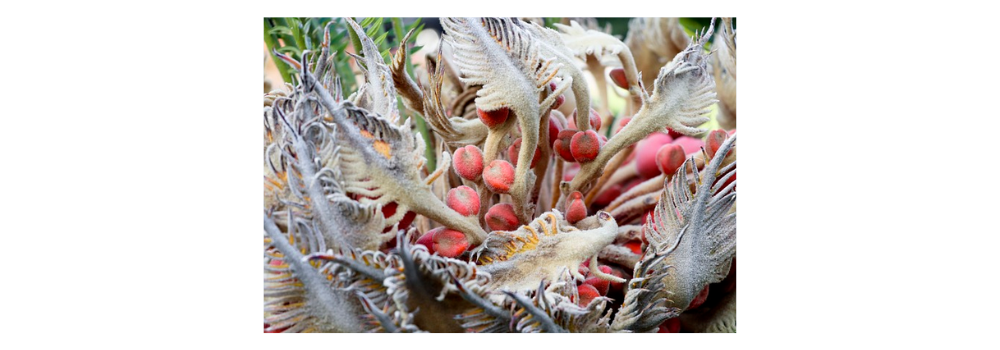
Lists of toxic and non-toxic plant types may be found on the ASPCA website(2).
Antifreeze, Bug sprays, or insecticides poisonous to animals
Consult labels for safe use, and be sure to check with gardeners or pesticide companies that what they are using is safe for pets and how long pets should be kept away from treated areas. Store insecticides on a high shelf or outside the reach of pets.
Ant baits or traps can be ingested by curious pets.
A few licks of ethylene glycol can kill a cat or dog. Be sure this is stored carefully and steer clean of any suspicious green puddles on walks. If your pet eats even a few licks act quickly and do not delay getting to a veterinarian.
Garden products and pets
In addition, fertilizers and mulches can cause gastrointestinal upset if ingested.
For Dogs especially: Rodenticide or Rat bait
Dogs can get into rodenticides when off-leash exploring especially. Dogs and cats can ingest a poisoned rodent and be poisoned secondarily. If you see a rodent dying in your yard, be on the lookout as a neighbor may have put poison out, and you will want to safeguard your pets.
If possible, get any labels from whatever your pet got into so that it can be treated with whatever antidote is needed. Get your pet to the vet immediately.
Poison control for pet owners: (888) 426-4435
Put this number on your phone in case of emergency. Veterinarians are on call to answer pet owners' questions.
There is a consultation fee, but it is well worth saving time in the case of accidental poisoning. They can answer questions as to whether something is toxic to pets.
References
(1)https://www.petpoisonhelpline.com/media-releases/forget-cool-cats-dogs-are-the-real-potheads/
(2)https://www.aspca.org/pet-care/animal-poison-control/toxic-and-non-toxic-plants/t










